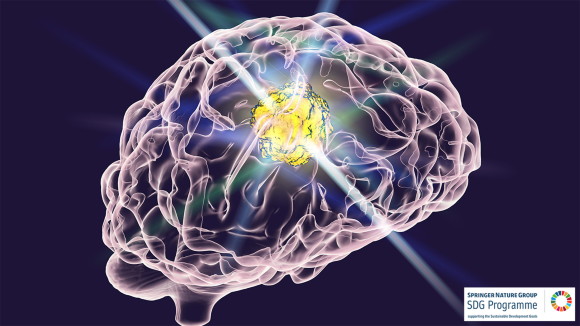
Dr. Julie Miller is an Assistant Professor at Harvard Medical School and a Neuro-Oncologist within the Pappas Center for Neuro-Oncology in the Department of Neurology at Massachusetts General Hospital. Her research focuses on IDH-mutant gliomas, a class of brain tumors that are driven by mutations that regulate metabolism. She utilizes a combination of genetic, pharmacologic and metabolomic approaches in patient-derived glioma models to elucidate the metabolic and cellular pathways that are disrupted by mutant IDH, with the goal of developing novel treatment strategies.
 Dr. Albert Kim is a Medical Oncologist with interests in using machine learning and Omics to develop precision-based treatment paradigms for cancer patients. He has a special interest in central nervous system metastases, and his laboratory efforts leverage Omics-based techniques, medical imaging, and machine learning to define and target genomic and metabolic vulnerabilities for these tumors. Dr Kim hopes that these efforts will result in newer and smarter ways to treat these difficult diseases.
Dr. Albert Kim is a Medical Oncologist with interests in using machine learning and Omics to develop precision-based treatment paradigms for cancer patients. He has a special interest in central nervous system metastases, and his laboratory efforts leverage Omics-based techniques, medical imaging, and machine learning to define and target genomic and metabolic vulnerabilities for these tumors. Dr Kim hopes that these efforts will result in newer and smarter ways to treat these difficult diseases.

